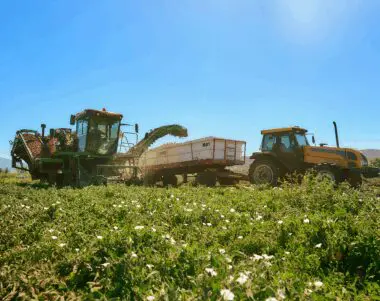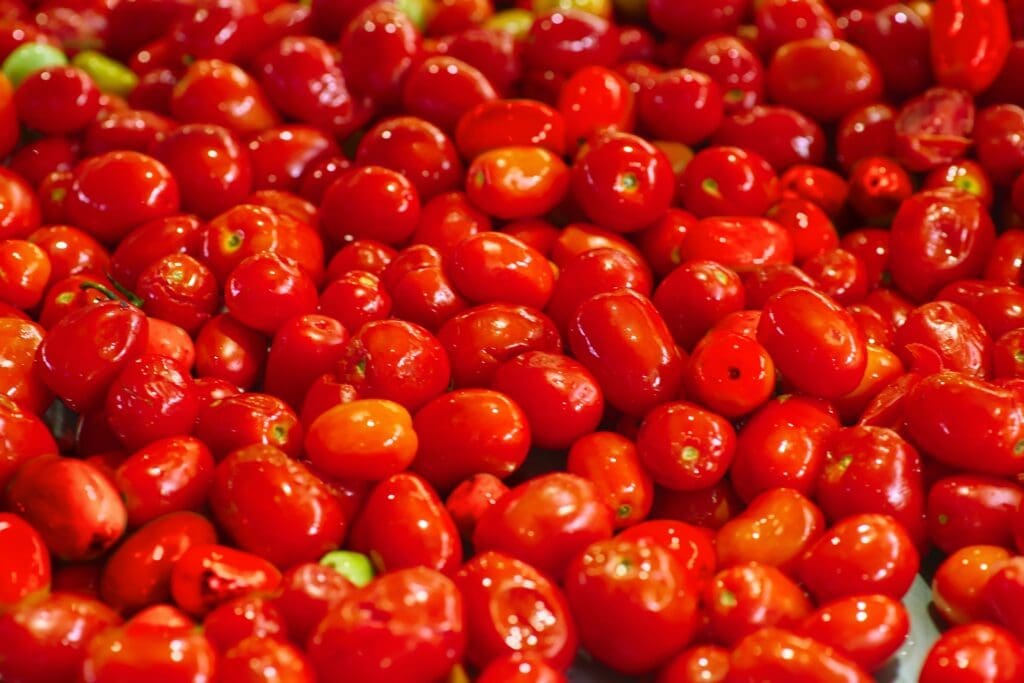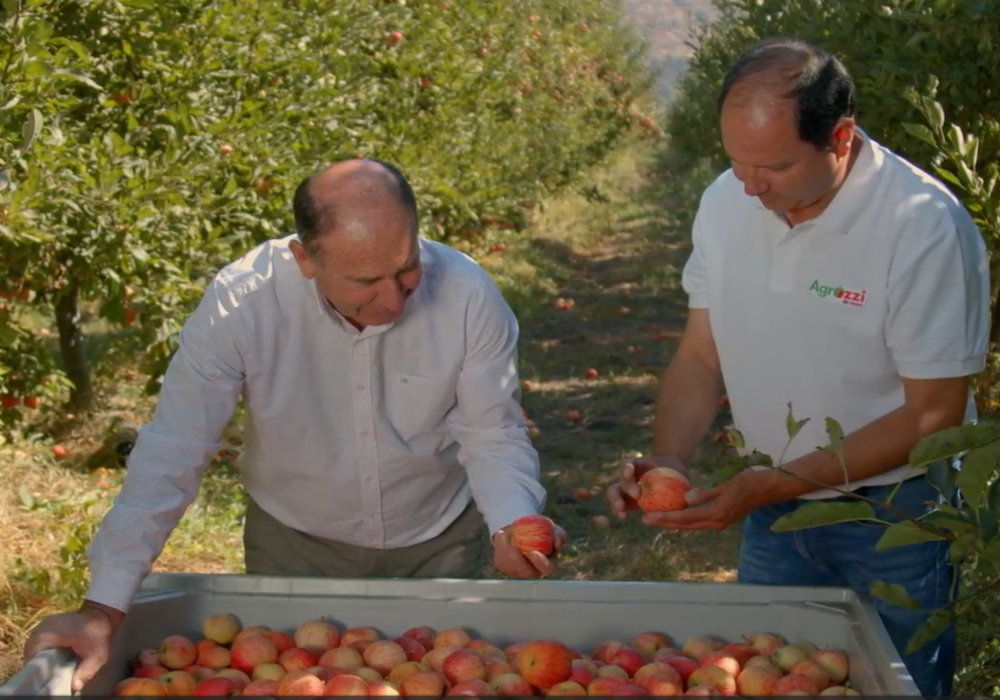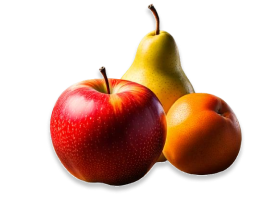
2025 Agricultural Season: Resilience, Collaboration and Results in a Changing Environment
Read more
Last winter brought relief from the drought experienced in the country thanks to increased precipitation in the central-southern zone of Chile.

Despite this, two consecutive storms in July and August presented significant challenges for crops and agricultural infrastructure, affecting vast areas of cultivation and irrigation systems, but more regrettably, impacting farmers, neighbors, and rural communities. As is tradition at Carozzi when facing natural disasters, we were there to support many affected individuals with our essential products.
Looking at the glass half full… from Agrozzi, we can say that the season continues its course with optimism, thanks to the collaborative initiatives, technologies, and innovation we are pushing forward, supported by our commitment to efficiency and the quality of the final product.
In line with this, this year we expect to process 750,000 tons of raw material across all varieties of fruits and vegetables, all thanks to the work of farmers and their determination to ensure a supply chain of the highest quality and efficiency.
With this, I would like to emphasize the importance of resilience and innovation in the agricultural field, as well as the need to constantly adapt to changing climate conditions.

At the beginning of the season, we are at full capacity in our Teno facility, receiving high-quality tomatoes from all our farmers, despite starting with a few days’ delay due to late spring rains. We expect to receive a total of 475,000 tons of raw material by the end of the season, a challenging goal but one that is being worked on with the support of 183 farmers who have committed 5000 hectares for tomato cultivation.
Mediterranean fruit crops have been affected by challenging weather conditions as well, resulting in uneven flowering, smaller fruit calibers, and production delays, which could lead to lower agricultural yields.

For apples, one of our main crops in terms of volume, there was a 15-day delay compared to previous years, but we estimate that the season will continue until the end of June. Additionally, a total volume of 240,000 tons of apples is expected, to be allocated between purees and juices according to market demand.
As for pears, we have similar forecasts; their season starts later than that of apples, so we will provide numbers as the season progresses.
Regarding peaches, despite lower yields compared to previous seasons and a two-week delay in the start of the harvest, we have managed to reach our production target, ensuring product availability for our regular customers and the general market.
In addition to these crops, the pepper harvest is expected to be ready by the end of April, as well as areas dedicated to pumpkin cultivation. On the other hand, the onion harvest concluded at the end of January, marking a milestone in the season.
Regarding other crops such as apricots and plums, 1,000 and 2,000 tons have been contracted respectively. These crops complement the agricultural diversity of the region, contributing to the local economy and forming part of our varied product mix.

We are experts in offering premium quality raw materials for the food industry.
